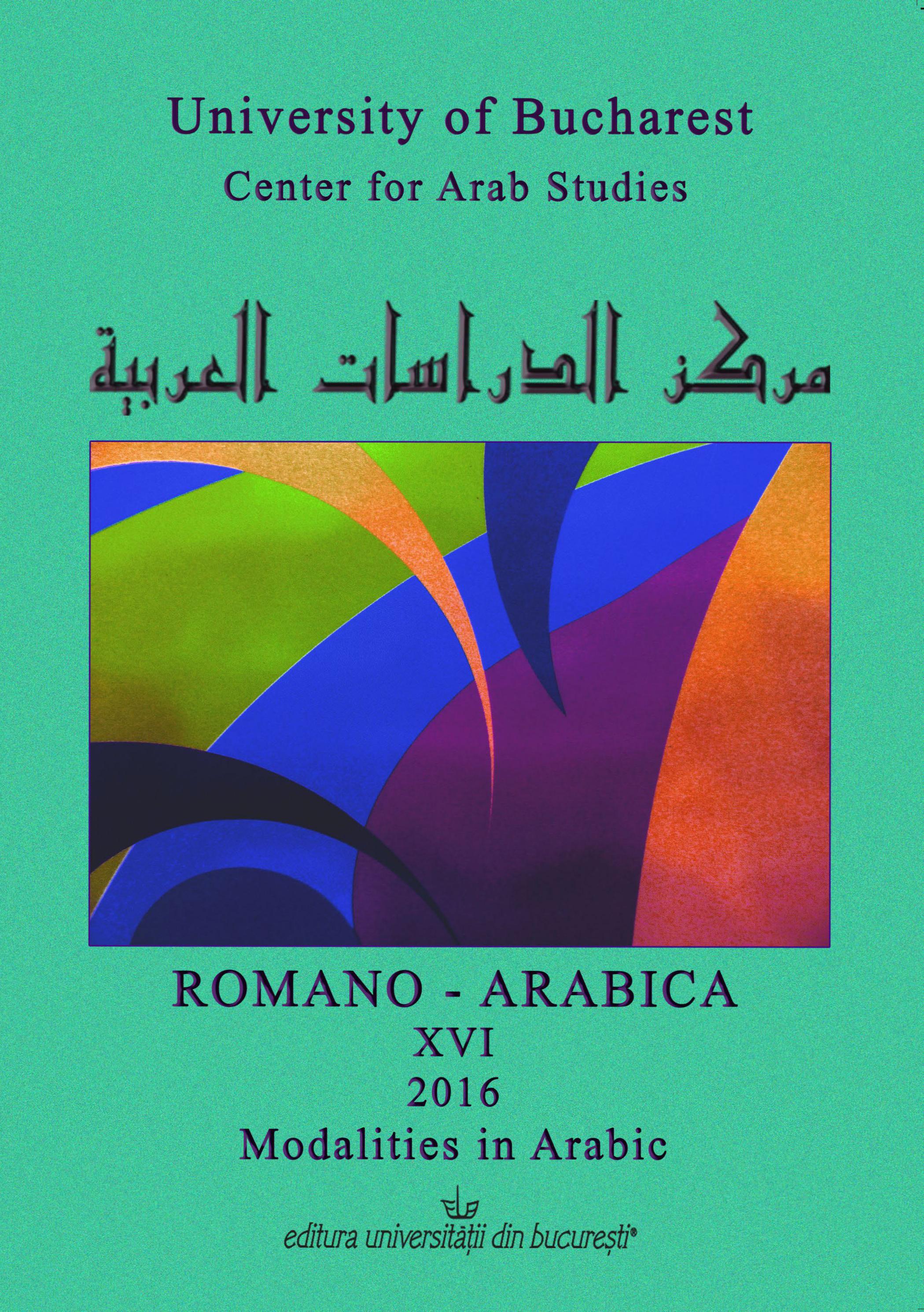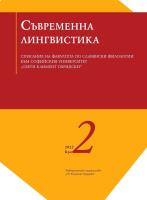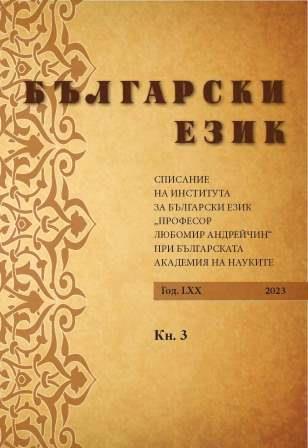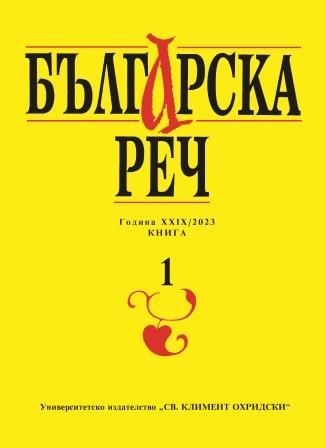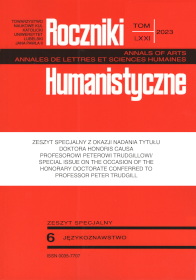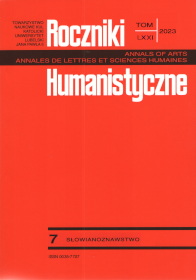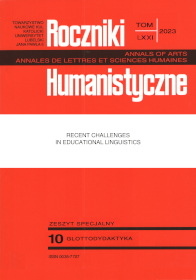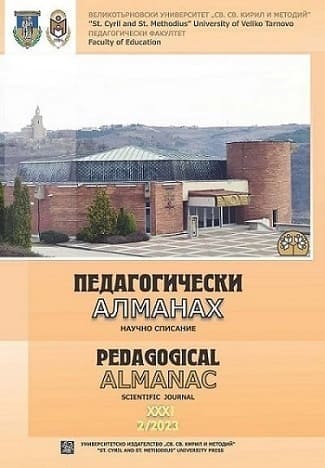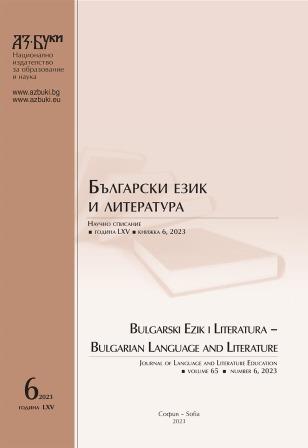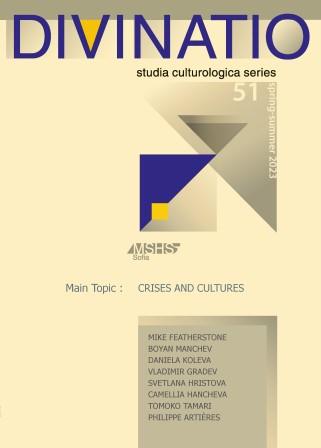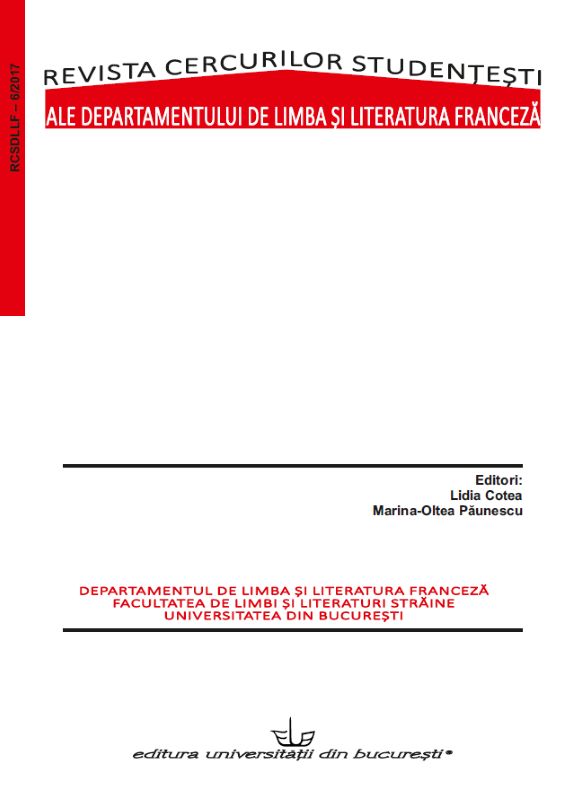
« Le crime, phénomène social normal ». Logique argumentative vs logique du bon sens commun
In order to prove that logical argumentation and the argumentation of the common sense have two different starting points, and therefore they are completely different one from another, we are going to analyze some fragments from Émile Durkheim’s book Les règles de la methode sociologique and face the two opposed voices that can be heard throughout his book: the voice of Durkheim (associated to the voice of the scientist) and the voice of the ordinary man (revealing the point of view of the common sense). Following the Theory of Semantic Blocks, we are going to show that what at first came as a complete nonsense, more precisely, what seemed to be a paradox in the eyes of the ordinary man, reveals to obey in the end the rules of a scientific approach and thus covers the shape of a pseudo-paradox. Thereby, the article aims to show that the scientist’s and the common man’s viewpoint cannot be the same when it comes to the apprehension of the facts of the world. While the mindset of the scientist lacks barriers and prejudices, the ordinary man’s plays the role of a wall preventing him from seeing the world otherwise than through the common beliefs, namely the stereotypes.
More...
